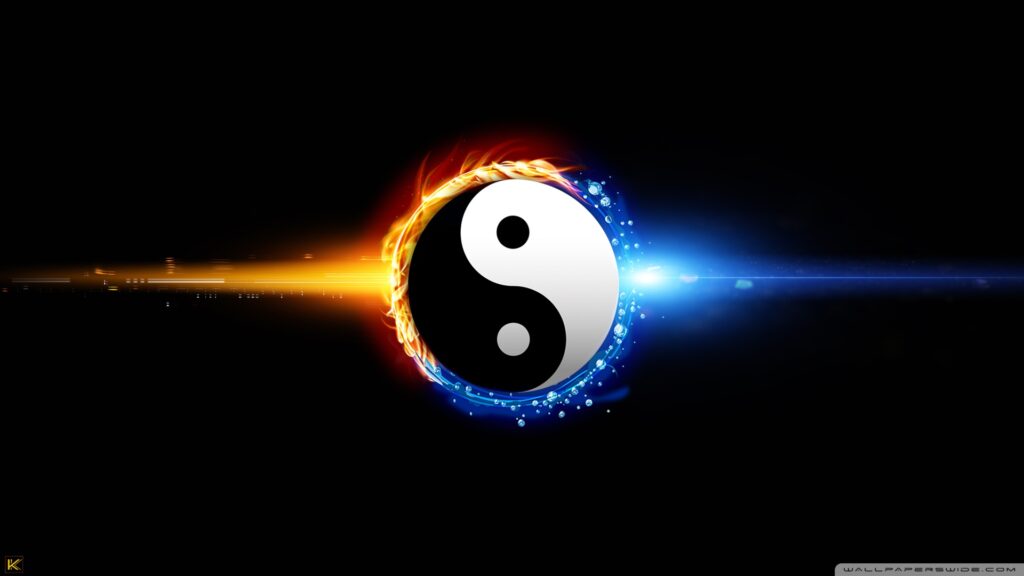
Why The Teachings Of Taoism Are Still Important Today
Why the teachings of Taoism are still important Today
Taoism also known as Daoism is a philosophical and spiritual tradition that originated in ancient China. Its fundamental text, the Tao Te Ching written by Laozi contains profound wisdom that continues to be relevant and valuable in our modern world. While Taoism has a history dating back thousands of years its teachings offer timeless insights that resonate with high school students and people of all ages today.
Understanding Taoism
Taoism is centered around around the concept of the Tao, which can roughly be translated as “the Way” or “the Path.” The Tao represents the fundamental and unifying principle that is the source of everything. Taoism teaches that individuals can find harmony and balance by aligning themselves with the natural flow of the Tao.
Living in Harmony With Nature
One of the core teachings of Taoism is the importance of living in harmony with nature. In our fast-paced and often disconnected world, Taoism reminds us of the significance of observing and respecting the natural world. The Tao Te Cheng encourages us to appreciate the simple beauty of the world around us, to find solace in nature, and to learn from its rhythms.
Embracing Simplicity and Moderation
Taoism promotes a lifestyle that values simplicity and moderation. In a society often characterized by excess, consumerism, and overindulgence, these teachings offer a vital counterbalance. Taoism reminds us that true happiness can be found in living with less, in appreciating life’s small pleasures, and in cultivating inner peace.
The Power of Wu Wei
Wu Wei, often translated as “effortless action” is a central concept in Taoism. It suggests that one should act in a way that is aligned with the natural course of events. This does not mean inaction but rather implies that we should act with the flow of life, without unnecessary force or resistance. WU Wei encourages us to be in the right place at the right time, to act when the moment is right, and to recognize when it’s best to take a step back.
Individualism and Self Discovery
Taoism emphasizes individualization and self-discovery. It encourages people to explore their own paths, follow their unique passions, and cultivate their inner potential. This philosophy reminds high school students that while societal expectations and external pressures are real, it’s equally important to discover who they are and what they genuinely value.
Adapting to Change
The world is ever-changing, and Taoism offers valuable insight on how to adapt. The philosophy encourages flexibility and resilience in the face of change. It teaches that, like a tree bending in the wind, we should be able to adjust without breaking. High school students entering an unpredictable future can benefit from these lessons, as they learn to navigate life twists and turns.
Mindfulness and Meditation
Taoism places significant importance on mindfulness and meditation. In a world filled with distractions and the constant buzz of technology, these practices can help high school students ground themselves, find inner peace, and connect with the present moment . Taoist meditation techniques provide a valuable tool for managing stress and enhancing mental clarity.
Balancing Yin and Yang
Taoism’s concept of balancing Yin and Yang emphasizes the need for equilibrium in life, The philosophy teaches that opposing forces are interconnected and interdependent. This duality is a reminder that in life, we often need to find a balance between contrasting aspects, such as work and rest, activity and stillness, and action, and reflection.
Conclusion
Taoism teachings remain relevant in today’s world and significant in our contemporary world. This ancient philosophy offers high school students valuable lessons on living in harmony with nature, embracing simplicity, practicing mindfulness, and adapting to change. The wisdom of Taoism reminds us that by aligning ourselves with the natural flow of the universe, we can find balance, inner peace, and fulfillment, in the modern age.

i never even thought about connecting it to students, love this!